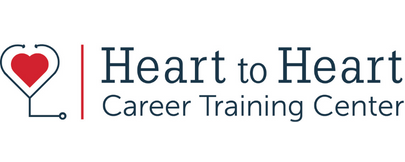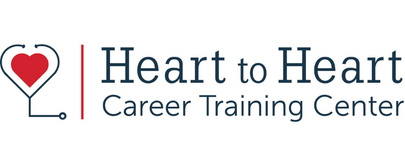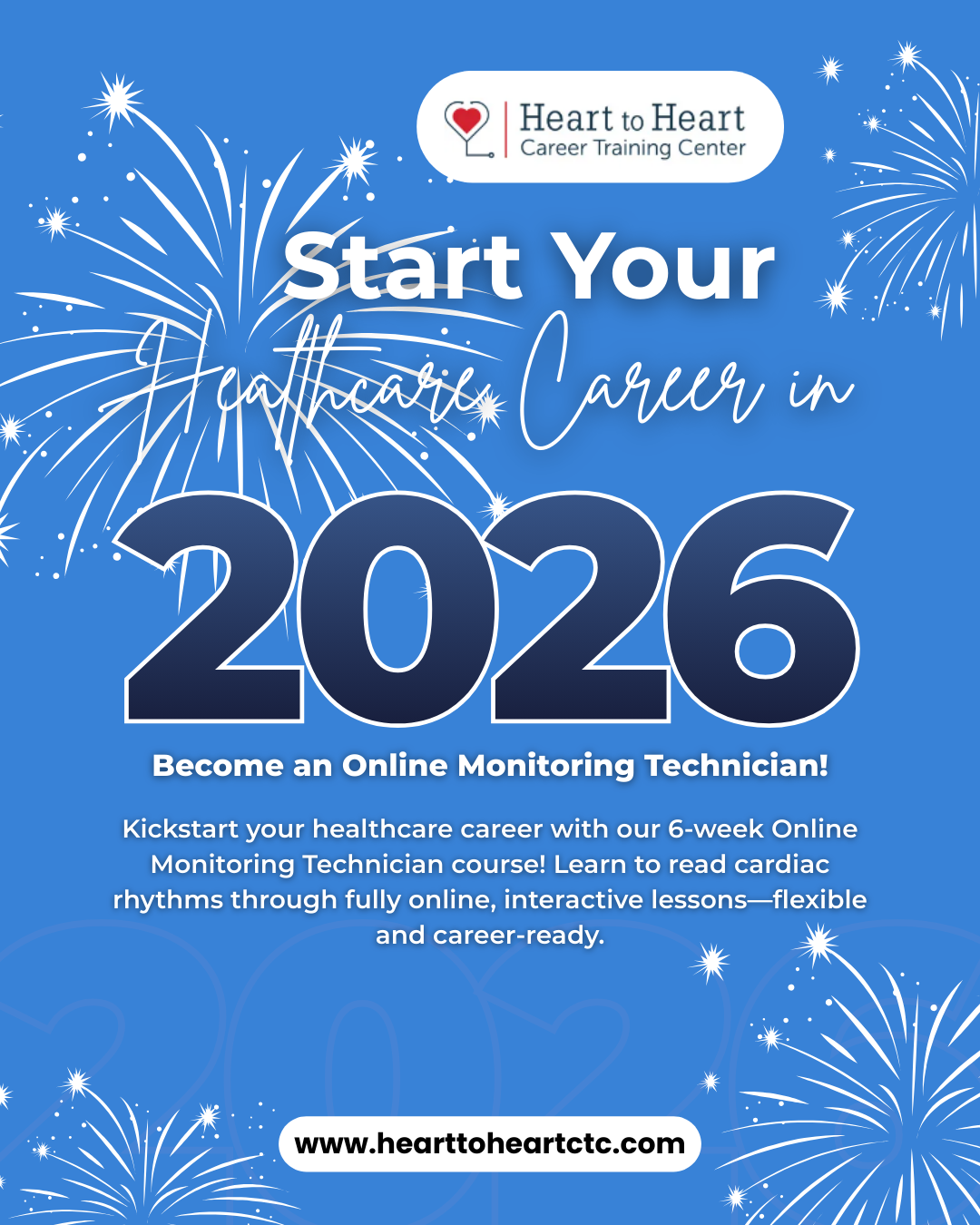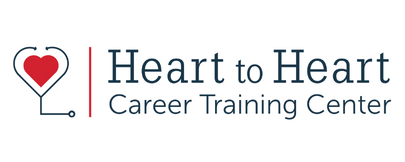Becoming an EKG Technician: A Career Guide
Exploring the Exciting Career Path of an EKG Technician

Electrocardiogram (EKG) technicians are healthcare professionals who specialize in using electrocardiography equipment to monitor and record a patient's heart rhythms. They play a vital role in diagnosing heart conditions and ensuring patients receive the necessary treatment.
If you're interested in pursuing a career as an EKG technician, this guide will provide you with an overview of the role, required training, and job outlook.
Role of an EKG Technician
EKG technicians work closely with doctors, nurses, and other healthcare professionals to monitor a patient's heart activity. They operate EKG machines, which record the electrical impulses generated by the heart. This information is then used to diagnose a wide range of heart conditions, such as arrhythmia, heart disease, and heart attack.
EKG technicians typically perform the following duties:
- Preparing patients for EKG tests
- Operating EKG equipment to record heart activity
- Monitoring a patient's heart rate and rhythm during the test
- Analyzing the EKG test results and generating reports
- Maintaining and troubleshooting EKG equipment
Training and Education
To become an EKG technician, you'll need to complete a postsecondary training program. These programs are typically available through community colleges, vocational schools, or hospitals.
The training program will cover the following topics:
- Anatomy and physiology of the heart
- Medical terminology
- EKG equipment and technology
- Patient care and safety
- Interpretation of EKG results
- Communication and teamwork skills
Programs may vary in length, but most can be completed in six months to a year. After completing the program, you may be required to obtain certification to work as an EKG technician.
Certification
Although certification is not required in all states, it can increase your job opportunities and earning potential. The two main organizations that offer EKG technician certification are the National Healthcareer Association (NHA) and the American Society of Phlebotomy Technicians (ASPT).
The NHA offers the Certified EKG Technician (CET) credential, while the ASPT offers the Electrocardiograph Technician (CET) credential. To obtain certification, you'll need to pass an exam that covers the knowledge and skills required to perform the duties of an EKG technician.
Job Outlook
According to the Bureau of Labor Statistics, employment of cardiovascular technologists and technicians (including EKG technicians) is projected to grow 5% from 2020 to 2030, which is about as fast as the average for all occupations.
EKG technicians may find employment in a variety of settings, including hospitals, clinics, and diagnostic imaging centers. Additionally, they may have opportunities to specialize in certain areas of cardiovascular technology, such as stress testing or Holter monitoring.
Conclusion
Becoming an EKG technician can be a rewarding career for those interested in the healthcare field. With the demand for cardiovascular technology professionals on the rise, EKG technicians can look forward to a positive job outlook.
If you're considering a career as an EKG technician, the first step is to find a reputable training program in your area. With the right training and certification, you'll be well on your way to a fulfilling career as an EKG technician.


















